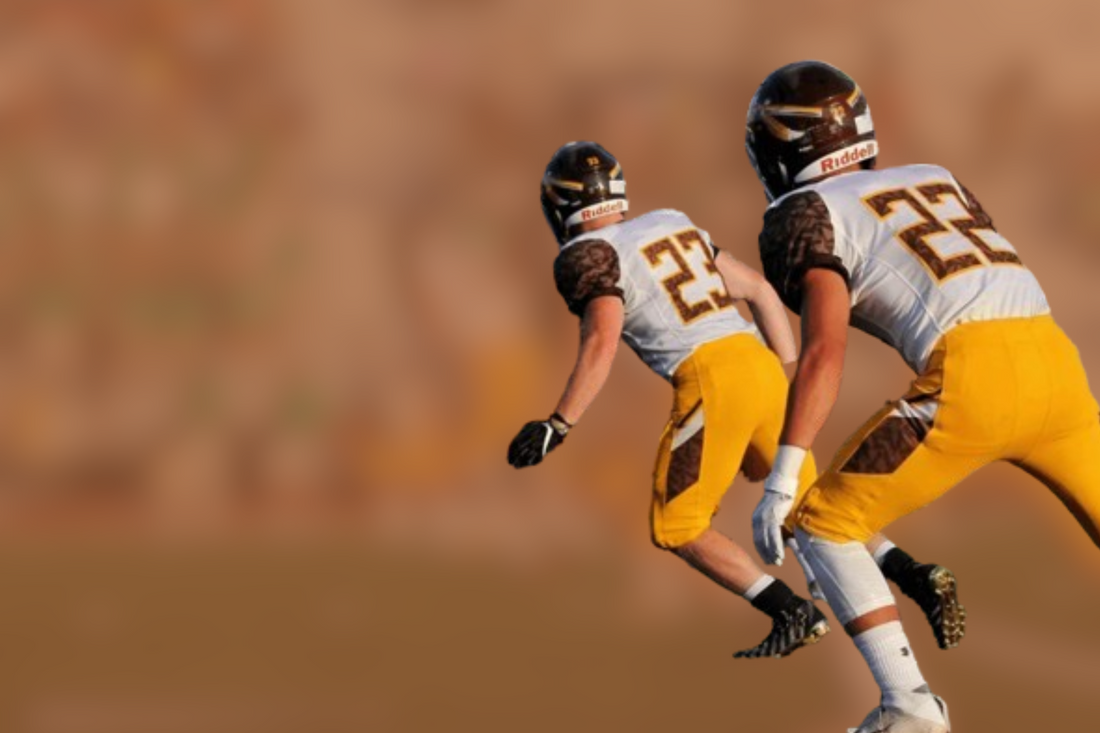The topic of whether Division III (D3) athletes should be paid has been a subject of debate for many years. While Division I (D1) and Division II (D2) athletes receive scholarships and other forms of financial aid, D3 athletes are not provided with any athletic scholarships. This has led to discussions about whether D3 athletes should be compensated for their time and efforts. In this article, we will explore the arguments for and against paying D3 athletes.
The Argument For Paying D3 Athletes
Recognition of Effort
One of the main reasons why some people believe D3 athletes should be paid is the recognition of the effort they put into their sports. D3 athletes dedicate a significant amount of time, energy, and passion to their respective sports. They train, compete, and manage their academic responsibilities without receiving any financial compensation. Paying D3 athletes would acknowledge and appreciate their dedication.
Financial Support
Paying D3 athletes could provide them with much-needed financial support. Many D3 athletes come from low-income backgrounds and struggle to meet their daily expenses. Offering financial compensation to these athletes would alleviate their financial burdens and enable them to focus more on their studies and athletics.
Equality with D1 and D2 athletes
Another argument for paying D3 athletes is the desire for equality among all NCAA athletes. D1 and D2 athletes receive scholarships and other forms of financial aid, which allow them to focus solely on their sports and academics. By paying D3 athletes, there would be a sense of fairness and equal treatment among athletes at all levels.
The Argument Against Paying D3 Athletes
Amateurism
One of the main arguments against paying D3 athletes is the preservation of amateurism. The NCAA prides itself on maintaining the amateur status of its athletes, and paying D3 athletes would contradict this principle. The absence of financial compensation in D3 sports is seen as a way to prioritize education and sportsmanship over monetary gain.
Budget Constraints
Another factor that limits the possibility of paying D3 athletes is the financial constraints faced by Division III institutions. D3 schools often have smaller budgets compared to D1 and D2 schools, making it challenging to allocate funds for athlete salaries. Paying D3 athletes could lead to financial strain on these institutions and potentially affect other academic and athletic programs.
Distraction from Academics
Opponents of paying D3 athletes argue that introducing financial compensation could distract them from their primary focus, which is academics. Unlike D1 and D2 athletes who receive athletic scholarships, D3 athletes are primarily students who participate in sports as a form of extracurricular activity. Paying them might shift their focus away from academics, leading to a decline in their educational performance.
Potential Solutions
While paying D3 athletes directly may not be a feasible solution, there are other ways to provide support and recognition for their efforts:
Increased Financial Aid
One possible solution is to increase the financial aid available to D3 athletes. By expanding scholarships and grants, athletes from low-income backgrounds can receive additional support to cover their educational and living expenses. This would alleviate some of the financial burdens faced by D3 athletes without directly paying them.
Additional Benefits
Another option is to provide additional benefits to D3 athletes, such as improved access to academic resources, career development programs, or priority registration for classes. These benefits would recognize the dedication and commitment of D3 athletes while not directly compensating them financially.
The question of whether D3 athletes should be paid remains a complex and contentious issue. While there are valid arguments on both sides, it is essential to consider the implications of paying D3 athletes, including the impact on amateurism, budget constraints, and academic performance. Instead of direct payment, exploring alternative methods of support and recognition for D3 athletes may be a more viable solution. Ultimately, finding a balance between acknowledging their efforts and preserving the core values of Division III athletics is crucial.



































































